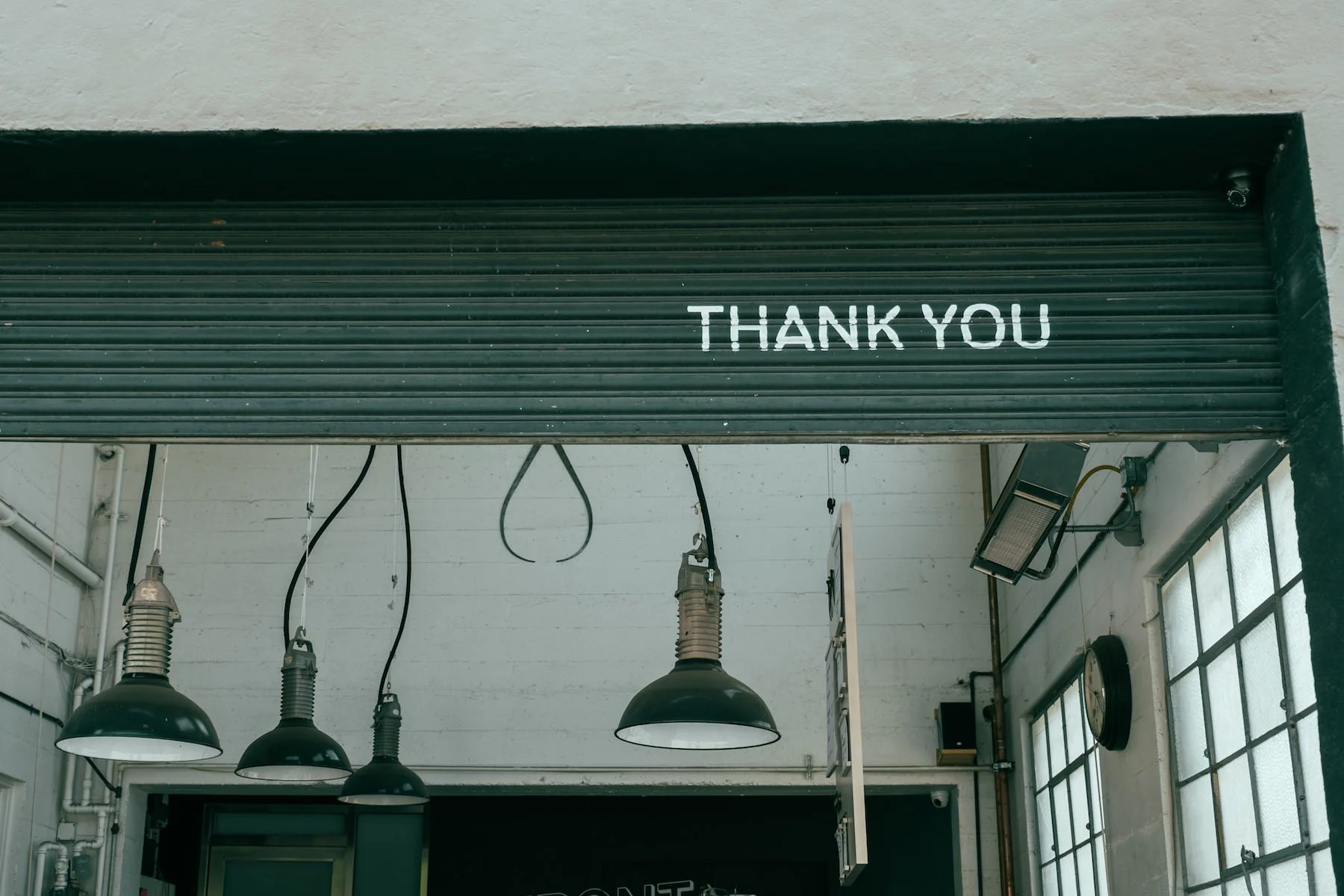Living Local
- 23 February 2018
- ByJillian Conner

I didn't even think about my personal impact on the environment until I was 18 years old.
By reading No Impact Man on a whim, thankfully I was able to wisen up before getting to college and I chose environmental policy as my major. I spent the subsequent four years learning about our changing climate, economy, and culture, and how those three evolving issues were related. I adopted every possible waste reduction tactic I could muster - from buying only used clothing for an entire year to toting stainless steel liquid receptacles with me everywhere, knowing all the while that those few habits weren’t enough to make a dent in my carbon footprint.
It wasn’t until graduating from college and spending time in the “real world” that I found my footing when it comes to environmentalism: To truly have a positive impact on your community and the planet, you’ve got to live and work with a local mindset. If you’re an artist or small business owner, you already know this.
Buying from a local seller rather than a big chain can really have an impact. In fact, the positive effects of this on your local economy are proven and even have a name: the Multiplier Effect. The results of nine compiled studies done by Civic Economics shows that “on average, 48 percent of each purchase at local independent businesses was recirculated locally, compared to less than 14 percent of purchases at chain stores.” It’s a bit more complicated than your dollars “staying” within the local community, but you can be sure that money will go further to support your community when you shop at locally owned businesses.
While you may be stoked to find a super cool pen holder at a big box retailer on sale for $2.99, someone, somewhere, is probably getting the worse end of that deal in the form of long shifts or underpaid labor. By contrast, if you were to find an alternative pen holder for the same price at your locally owned office supply store, $1.43 of what you paid will stick around your town thanks to the Multiplier Effect. The one from the big box store will only recirculate $0.41 locally.
Unfortunately, it’s nearly impossible to participate in our modern culture without needing to succumb to these realities and spend a few bucks as a big box store, but it’s helpful to keep in mind while you’re browsing the aisles.
Even at a locally owned shop, half of the items I put in my basket end up back on the shelf once I consider where they were made, how far away that country is, and chemicals that were likely used to produce it. But if it’s a product I can’t live or work without, at least I can take it to the checkout counter knowing the Multiplier Effect will work its magic.
But none of that changes the fact that it is so much easier to find the cheapest price on Amazon, click “place order,” and be done with it without considering who is receiving the dollars you just spent. And as a person with a tight budget, I know that feeling well. Yet I can’t help but think of shipment tankers spewing crude oil exhaust all over our oceans as my mouse hovers over “add to cart.”
Though it sounds excessive, even to me as I write this, I really do spend much of my day mentally toiling over these decisions and consequences. Those four years of environmental policy study completely rewired my brain to think in terms of human and environmental costs, as well as monetary, with every purchase I make. The reason I care, and believe we all should care, is because there are real people, all with vastly different lives and stories, behind the products we purchase. Saving a few dollars at their expense isn’t worth it, especially when it can be easily avoided.
When I can’t find the products I need locally, that’s when I turn to conscious consumerism, or “voting with your dollar.” By choosing Patagonia over The North Face, or Sustain over Tampax, those few dollars say something. (However small they may seem in the grand scheme of things.) When thousands of people make the same choices, those dollars really say something.
When you buy tampons from Sustain Natural instead of Tampax, you’re funding a company that is transparent about their ingredients, has eight social responsibility certifications, and is a champion for women’s access to menstrual products. Compare that to Tampax, which are made with synthetic ingredients and owned by the multinational corporation Procter & Gamble.
Some people argue that individual purchases aren’t enough to really change societal and economic norms. But what other tools do we have to make a direct, consumer-to-business impact?
There are, of course, a million other tidbits of advice I could give you to lower your carbon footprint, environmental impact, or whatever you want to call it. But in my opinion, this one is the best: running a more socially conscious business is one of the best things you can do for your local and global community. It draws people who share your values to your storefront, real or digital, to discuss and express those morals, and it also allows you to participate in the type of economy your own business benefits from.
For the more business-minded, touting your commitment to the environment and your local economy is a fantastic marketing tool. Customers love to know that their dollars are helping you help the causes they care about. But perhaps most importantly, if it’s something you value, living your life and running your business with more consciousness just feels better.
23 February 2018
Words by:Jillian Conner
Tags
- Share